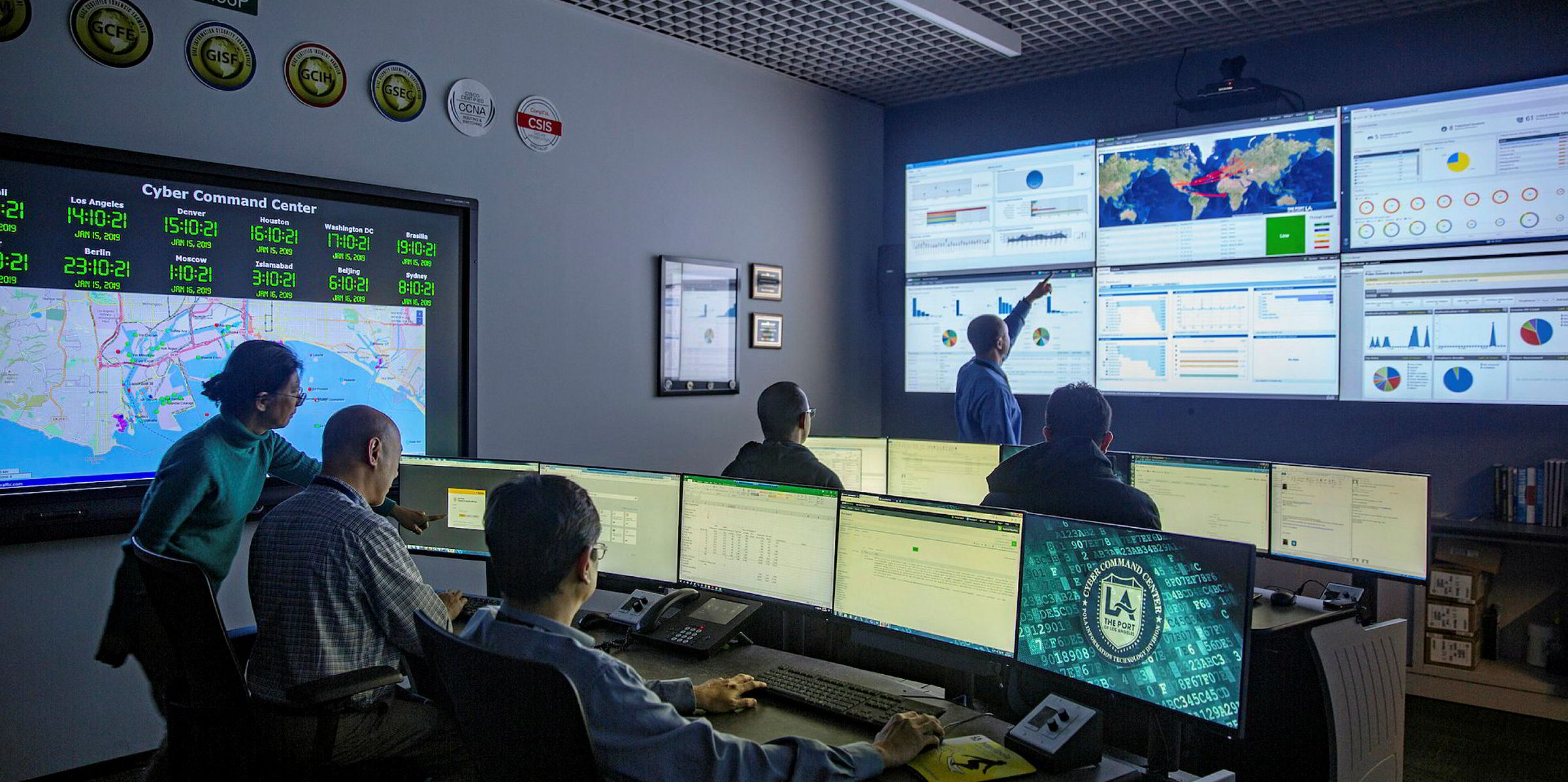The seafarer training market could see new competition as online courses look set to be here to stay after coronavirus lockdowns are eased.
Henrik Jensen, founder and managing director of Danica Crewing Services, which specialises in Eastern European crew, said providers will become more globally spread due to the lack of travel and accommodation costs involved in classroom training.
"With digital and online training methods the teacher does not have to be in the same physical location as the student, making it possible for a teacher in the Philippines or India to easily train seafarers in Ukraine and Russia for example," he added.
"This will open up the training marketplace to new competition."
Almost exclusively online
Jensen said crew learning has transferred almost exclusively to online methods due to the worldwide travel bans and quarantine restrictions imposed across the globe.
And he expects it to remain this way post-pandemic as the maritime industry becomes accustomed to new ways of working and studying.
"The Covid-19 coronavirus outbreak has forced us all to implement distance learning and, as a result, the maritime training sector has taken a big step forward in embracing the digital evolution which, in all probability, they should have taken five years ago," he said.
"I think this will be the way forward for the maritime sector. This move was already happening but has been accelerated by the pandemic."
Jensen added: "There should be no difference in the standard of a seafarer who qualifies online and one who does so in person, and the cost savings for employers and seafarers are important at this difficult time."
Online learning can improve concentration, confidence and commitment, Jensen added.
"Online training is often more flexible," he pointed out. "It often combines a mix of online tutorials, self-work and one-to-one teaching, backed up by verification processes.
"There are of course still training courses which need to be transited from the classroom format to the digital platform but it is inevitably going to happen now."
He said that only training for the development of practical, hands-on skills such as welding, or bridge and engine simulation will continue in the same way – and even these may become a blended format, providing training spread between the online platform and a simulator.





